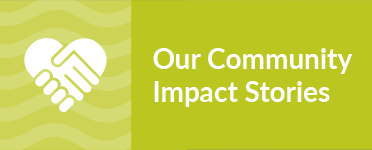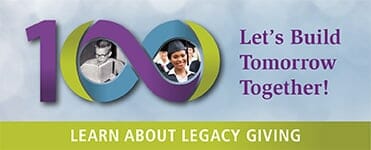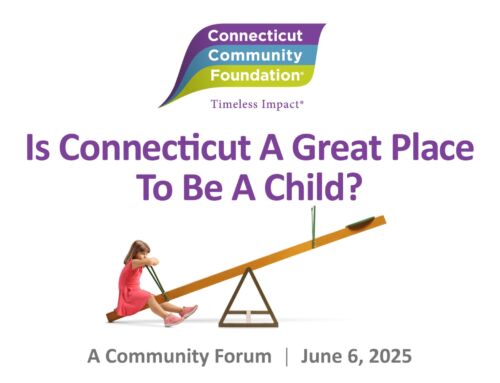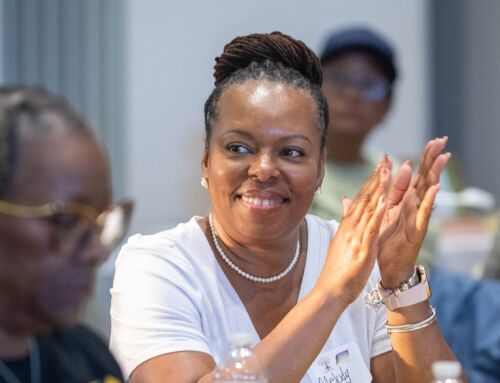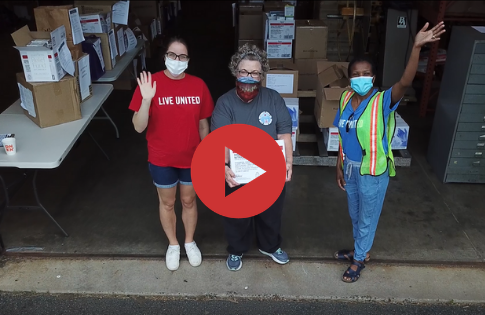
Click above to WATCH VIDEO of PPE Distribution. Left to right: Jessica Carlino (Volunteer Engagement Coordinator, United Way of Greater Waterbury), Robin Tiede (volunteer), Renee Young (Community Impact Manager, United Way of Greater Waterbury)
Since mid-March, Connecticut Community Foundation and the United Way of Greater Waterbury have jointly administered the COVID-19 Response Fund, which is has been funded with contributions from both organizations as well as other foundations and hundreds of individual donors. In five months, the Fund has made over 60 grants totaling over a half million dollars to support organizations working at the front lines of the pandemic.
Based on longstanding relationships with nonprofits and community leaders, we have been able to operate quickly and flexibly through the COVID-19 Response Fund to meet new needs as they have arisen in an environment that can change day by day. And because we have seen requests reflecting needs from across a wide swath of the community, we have been able to use donors’ funds efficiently.
For example, by late April we had begun fielding many requests from group homes and others whose work didn’t permit social distancing for funds to purchase personal protection equipment, which they were buying in small quantities in the much-inflated open market. As more organizations looked to re-open in May – and as the flow of PPE from the state lagged – those requests started to grow. We realized that meeting these very real needs could quickly deplete the fund if organizations were sourcing their growing need for PPE on Amazon and at Costco [at market rates]. So we partnered with Grace Farm Foundation in New Canaan, which early in the pandemic had established a stable, quality supply chain for PPE which could be purchased in bulk at a significant discount. In June, after surveying the needs of hundreds of nonprofits throughout the region, we purchased over 400,000 pieces of PPE, and distributed an 8-11 week supply to 109 organizations – ensuring that donors’ dollars were stretched farther, and that nonprofits could keep their staffs and clients safe while doing their important work.
Connecticut Community Foundation would like to thank Doug Johnson, the vice chair of our board, and his team at Marion Manufacturing for their partnership in the PPE distribution. They hosted us and a massive cache of PPE for a week, lending their support as logistics experts, forklift operators, traffic directors, and all-around friends to the community to make the project happen.
As we move into and through the next phase of the pandemic, we’ll continue to adapt our work on all fronts to be responsive to community needs and to maximize the impact of our dollars, our time, and our voice, particularly when it comes to addressing, improving, and changing systems that aren’t meeting the needs of many of our neighbors. Challenges will continue in health, in providing education in distance learning or hybrid settings, in meeting the needs of those experiencing job loss – and they will continue for a long time to come. We’re focusing, too, on the health and stability of our local nonprofit organizations, whose own revenues in many cases have been slashed, and whose operations across the board have been disrupted. And we will look for ways to advocate for and support changes in local systems to make them more effective, more responsive, and more equitable.


